CMTRF Scientific Advisory Board
Meet the experts who guide us on the path to funding treatments and cures for CMT.
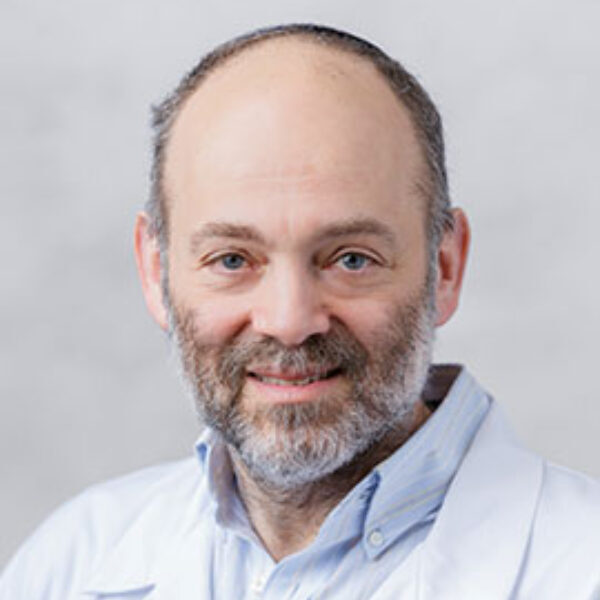
Charles Abrams, MD, PhD
University of Illinois, Chicago
Dr. Abrams is a physician-scientist at the University of Illinois Medical School in Chicago where he is head of the Neuromuscular Division. He received his master’s and doctoral degrees from Albert Einstein College of Medicine and trained in neurology at Cornell Medical Center and in neuromuscular medicine at Johns Hopkins University.
Dr. Abrams’s laboratory focuses on elucidating the mechanisms of the X-linked form of Charcot-Marie-Tooth disease and other related disorders. His work has been funded by the NIH, CMT Association and Muscular Dystrophy Association.

David Arnold, MD
University of Missouri
Since the Fall of 2022, Dr. Arnold has directed the NextGen Precision Health Initiative at the University of Missouri. NextGen Precision Health represents the largest research investment in the history of the University of Missouri system that aims to accelerate translational research discoveries to improve health outcomes. From 2009 to 2022, Dr. Arnold was on the faculty of The Ohio State University where he was a tenured full professor. As part of a multidisciplinary team at the Ohio State University and Nationwide Children’s Hospital, he was involved in the preclinical development and then the first-in-human gene therapy study for spinal muscular atrophy, a disorder that previously represented the most common genetic cause of death in infants. This life-saving treatment is now used internationally for spinal muscular atrophy.
Dr. Arnold was one of the first physiatrists in the country with accredited subspecialty training and board-certification in neuromuscular medicine. His preclinical and clinical research program is primarily focused on translational neuromuscular physiology in the context of health, aging, and disease and investigating the biology of aging as a unifying risk factor across diseases. Dr. Arnold’s clinical work is focused on genetic and acquired neuromuscular disorders.
Dr. Arnold received his bachelor’s degree in biology from Cumberland College and received his MD from the University of Louisville School of Medicine.
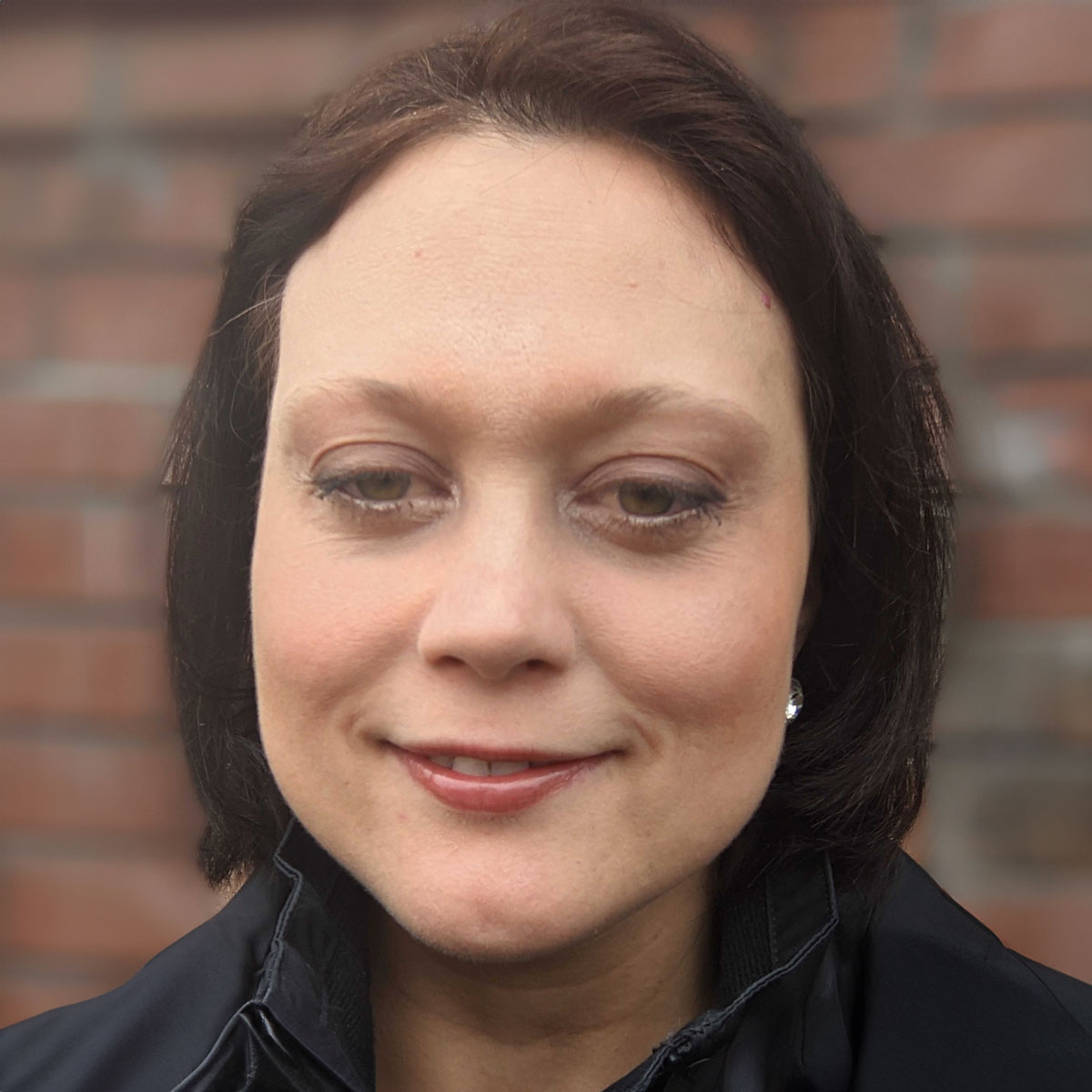
Elisabetta Babetto, PhD
Ohio State University
Dr. Elisabetta Babetto is a Research Assistant Professor of Neurology at The Ohio State University, Wexner Medical Center. She studies the molecular and metabolic interactions of glia and axons after injury and in disease. Her work defined a novel instructive role of Schwann cells based on metabolic reprogramming to regulate the resistance of injured axons to degeneration. She brought Schwann cell metabolism to centerstage during axon degeneration and her laboratory continues to focus on the identification of axonal energetic demands and glia mechanisms of energy support after axotomy and in murine models of neurodegenerative conditions.
Dr. Babetto’s training in axon degeneration began when she was recruited by Dr. Michael Coleman in Cambridge, UK, where she graduated in 2010 with a PhD in Molecular Biology. Her graduate studies contributed to elucidating the mechanisms of action of the WldS protein, which confers a strong delay of axon degeneration after neuronal injury. She then joined the laboratory of Prof. Aaron DiAntonio at Washington University School of Medicine, St. Louis, MO, for postdoctoral training. During this time she discovered a novel pathway regulating axon survival, mediated by the E3 ubiquitin ligase Phr1, in mouse models of acute nerve injury.

Bruce Carter, PhD
Vanderbilt University
Dr. Carter is Professor of Biochemistry and Associate Director of the Brain Institute at Vanderbilt University. After completing his bachelor’s degree at Alma College, he obtained his PhD in biological chemistry from the University of Michigan. He did postdoctoral training with Yves Barde at the Max Plank Institute in Munich, Germany and with Moses Chao at Cornell Medical School.
In 1997, Dr. Carter joined the Department of Biochemistry at Vanderbilt University School of Medicine. His research focuses on the mechanisms by which neurotrophins regulate cell death in the developing peripheral nervous system as well as the mechanisms underlying Schwann cell development and dysregulation, including in models of CMT.
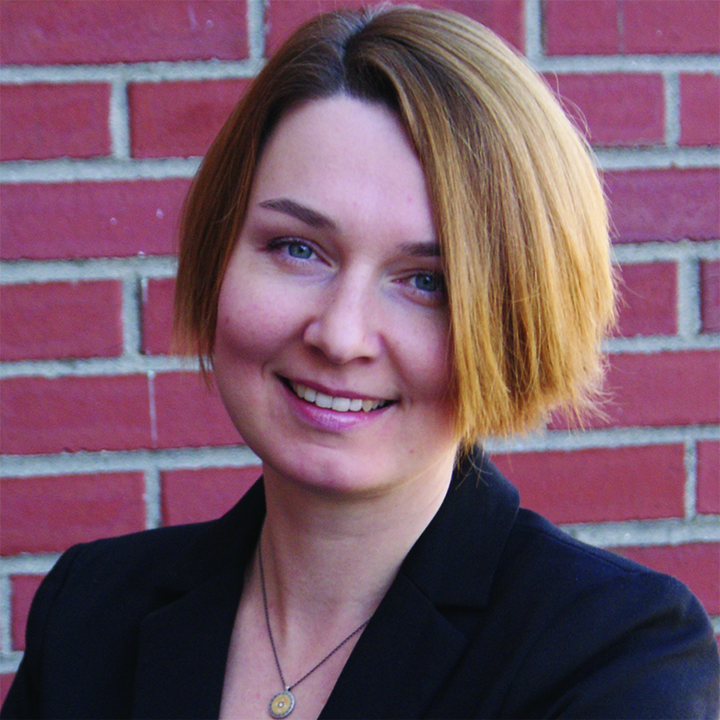
Yulia Grishchuk, PhD
Mass General Brigham
Dr. Yulia Grishchuk currently works as an associate director of regulatory affairs at the Gene and Cell Therapy Institute, Mass General Brigham. Previously, she was an assistant professor of neurology at Harvard Medical School and principal investigator at the Center for Genomic Medicine at Massachusetts General Hospital. Dr. Grishchuk is also a member of the Patient Outreach Committee at the American Society of Gene and Cell Therapy.
Dr. Grishchuk’s expertise lies in lysosomal biology, autophagy and preclinical development of gene and cell therapies, with a focus on translating scientific discoveries into clinical interventions. Her work has led to promising gene therapy strategies and biomarker development for disorders such as mucolipidosis IV, beta-propeller protein-associated neurodegeneration and other lysosomal diseases.
Dr. Grishchuk received her PhD in molecular biology from the Engelhardt Institute of Molecular Biology in Moscow, Russia.
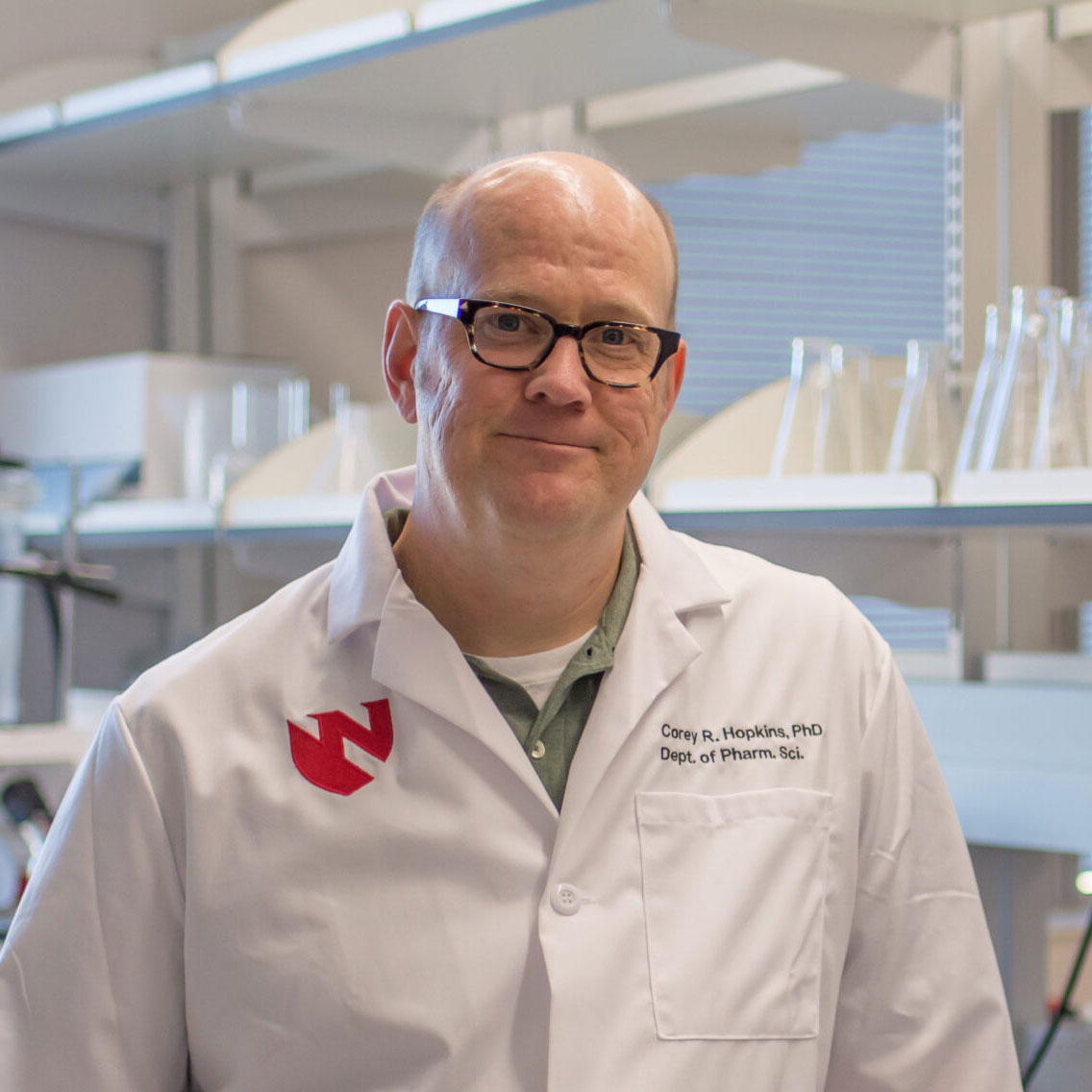
Corey R. Hopkins, PhD
University of Nebraska Medical Center
Dr. Corey Hopkins has more than 20 years of experience in both the pharmaceutical industry and academic drug discovery. He was a project team leader at Sanofi Pharmaceuticals, where he led projects that resulted in two clinical candidate designations. Dr. Hopkins then moved to the Vanderbilt Center for Neuroscience Drug Discovery, where he was responsible for multiple projects that were licensed to industrial partners and directly led to a compound being advanced into clinical trials.
Since joining UNMC in 2016, Dr. Hopkins has had one project licensed and has had two patents granted. Under his direction, the newly launched UNMC Center for Drug Design and Innovation will bridge the gap between drug discovery and drug development, promoting a new “mixed model” of drug discovery has seen a dramatic increase in partnerships between biotechnology companies and the traditional large pharma companies. Dr. Hopkins received his bachelor’s in chemistry from Indiana University and earned his PhD from the University of Pittsburgh.
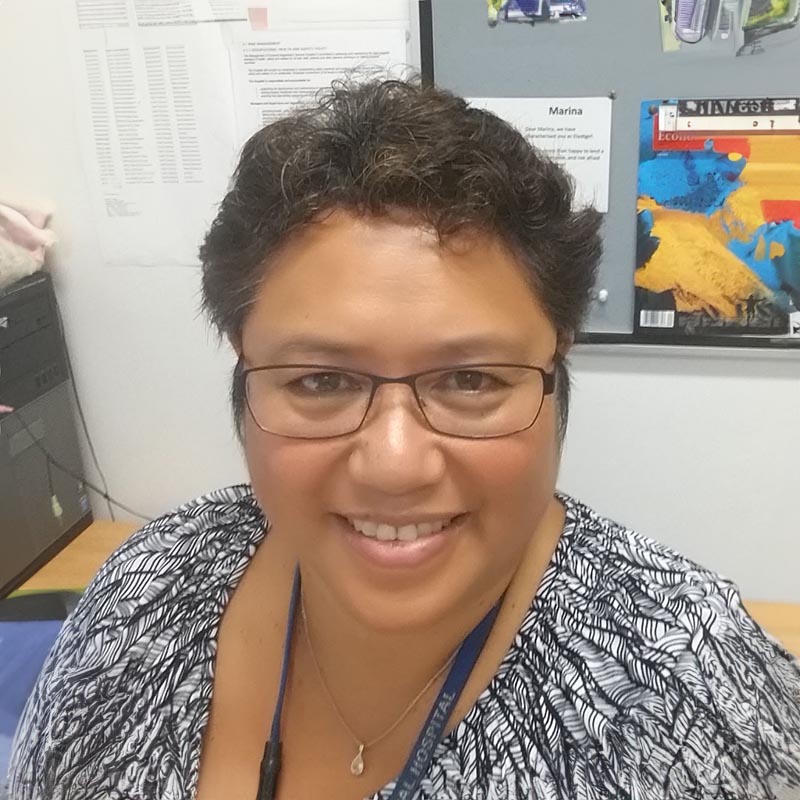
Marina Kennerson, PhD
ANZAC Research Institute and Sydney Medical School
Dr. Kennerson is a Professor of Neurogenetics with the ANZAC Research Institute and Sydney Medical School, University of Sydney, Australia. She received her Bachelor of Science (Hons) degree from University of New South Wales and PhD from the University of Sydney. Her scientific training included mapping genes for inherited neurodegenerative diseases and using genomic technologies to identify gene mutations. It is through her training that Dr. Kennerson was introduced to CMT and she has continued to contribute to this field of research.
Dr. Kennerson heads the Gene Discovery and Translational Genomics Inherited Peripheral Neuropathies Program at the ANZAC Research Institute. Her team has discovered several neuropathy genes and is doing pioneering research to discover the role of structural variation mutations causing gene dysregulation as a new disease mechanism for hereditary neuropathies. Her research program includes functional studies for recent gene (ATP7A and PDK3) and SV mutation (CMTX3 and DHMN1) discoveries using induced pluripotent stem cell derived motor neurons and animal models (C. elegans and mouse).
Dr. Kennerson enjoys teaching and has run international linkage, bioinformatics and next generation sequencing courses at Sultan Qaboo University, Oman, Cold Spring Harbor Laboratories, USA and the University of Malaya, Malaysia and is the Genetics Unit of Study Co-ordinator for the Masters Postgraduate Program at the Brain and Mind Centre, Sydney. Dr. Kennerson is the Scientific Secretariat of the Asian Oceanic Inherited Neuropathy Consortium and a member of the International Charcot-Marie-Tooth and Related Neuropathies Consortium Board.
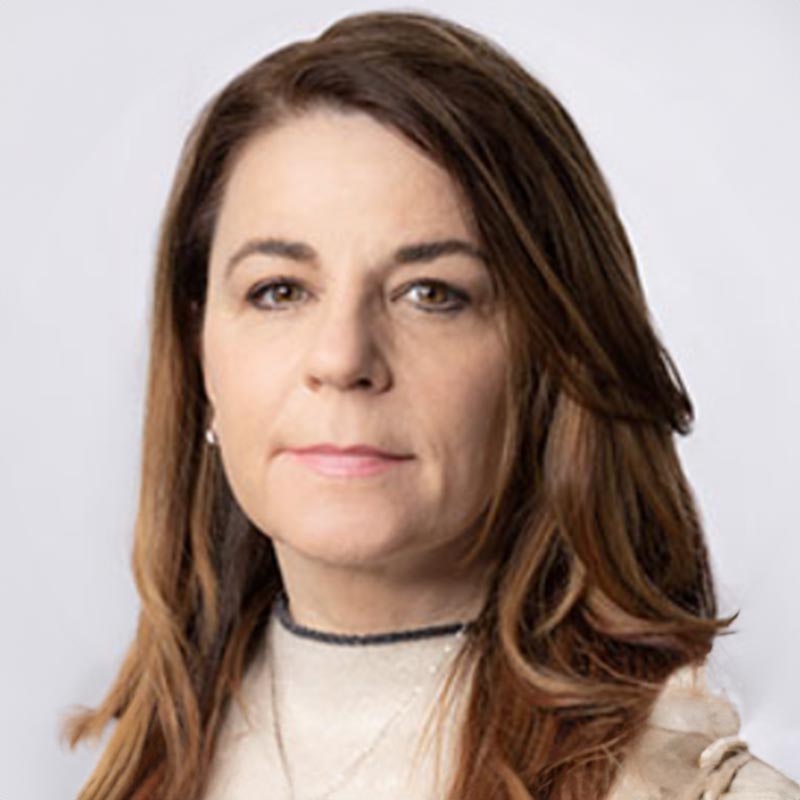
Cat Lutz, PhD, MBA
The Jackson Laboratory
Dr. Lutz is the Vice President of the Rare Disease Translational Center at The Jackson Laboratory. With 25 years of experience in mouse genetics, Dr. Lutz has focused her research efforts on patient organizations and families diagnosed with rare diseases. The JAX Rare Disease Translational Center incorporates precision mouse models and broad-based drug efficacy testing to support IND enabling studies. She serves as the Principal Investigator of multiple NIH sponsored programs including the Center for Precision Genetics, The Somatic Cell Genome Editing Center, and Mouse Mutant Research and Resource Center. As a neuroscientist by training, Dr. Lutz has worked on models of the central nervous system such as Spinal Muscular Atrophy, Amyotrophic Lateral Sclerosis and Friedreich’s Ataxia. Dr. Lutz was recently awarded a 2021 Rare Impact Award by the National Organization for Rare Disorders.
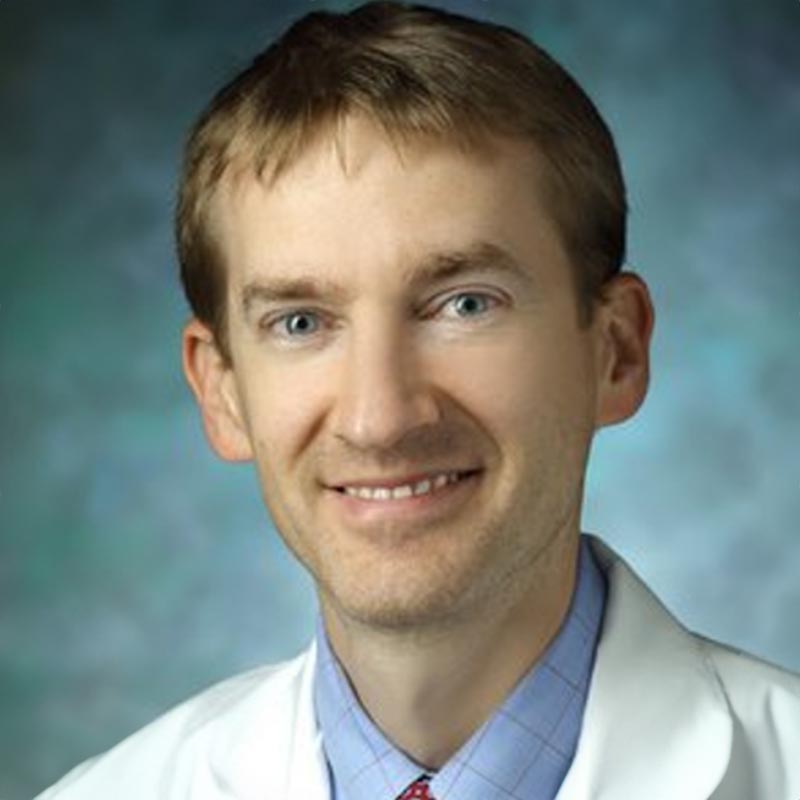
Brett McCray, MD, PhD
University of Michigan
Dr. McCray is a physician scientist with training in neuromuscular disease and a background in cellular and molecular neuroscience. He is currently an Assistant Professor in Neurology at the University of Michigan. He received his MD and PhD degrees from the University of Pennsylvania where he worked with Dr. J. Paul Taylor on the pathogenesis of hereditary neuropathy due to mutations in Rab7. He then completed neurology residency at the Mass General-Brigham Neurology program, followed by neuromuscular fellowship at Johns Hopkins. In addition to caring for patients with CMT and other neuromuscular diseases, he also runs a basic science and translational laboratory focused on inherited forms of peripheral neuropathy. His laboratory research is primarily focused on the pathogenesis of Charcot-Marie-Tooth disease type 2C and related disorders that are caused by gain-of-function mutations in the cation channel TRPV4. His laboratory studies cellular and animal models to gain insight into the role of TRPV4 in health and disease. He has also established a TRPV4 patient registry and specialized multidisciplinary natural history study to better define the course of the disease and to lay the foundation for a future clinical trial.

William Motley, MD, PhD
Rapport Therapeutics
Dr. Motley is currently Senior Director of Clinical Development and Program Lead at Rapport Therapeutics, a precision neuroscience company, and worked as a consultant to the company’s founding team at Boston-based Third Rock Ventures. Previously he served as Director of Translational Medicine for Flare Therapeutics and was a Senior Associate at Third Rock Ventures where he was a member of Flare’s founding team and worked on diverse aspects of company creation. Dr. Motley also serves as a member of the Medical and Scientific Advisory Board of Palvella Therapeutics, a company focused on bringing therapies to patients with rare dermatologic diseases with no approved therapies. A member of CMTRF’s Board of Directors since 2023, he holds an MD from the University of Pennsylvania, a Doctorate in neurogenetics from the University of Oxford, and a B.A. in biochemistry from Middlebury College.
He completed a neurology residency at the Johns Hopkins University School of Medicine. His doctoral and post-doctoral research experiences focused on identifying new causes of CMT and characterizing pathological mechanisms of the disease.
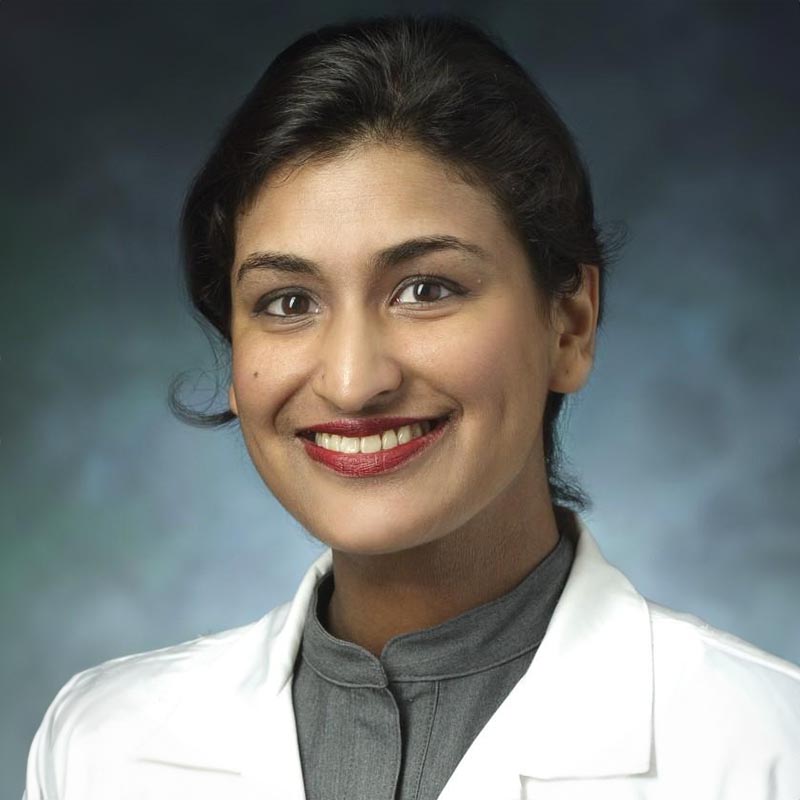
Bipasha Mukherjee-Clavin, MD, PhD
Johns Hopkins Neurology
Dr. Bipasha Mukherjee-Clavin (bee-PAA-sha MOOK-er-jee CLAY-vin) co-directs the Johns Hopkins Charcot-Marie-Tooth multi-disciplinary clinic and is the incoming site PI for the Inherited Neuropathies Consortium international CMT natural history studies. As a stem cell biology-trained physician-scientist, Dr. Mukherjee-Clavin’s research is focused on the use of patient-derived induced pluripotent stem cells to model genetic Schwann cell and peripheral nerve disorders to undercover novel pathways and potential treatments.
Dr. Mukherjee-Clavin completed her undergraduate studies at the University of California, Berkeley, followed by pre-doctoral research at the University of California, San Francisco. She then completed her MD/PhD degrees, Neurology residency, and clinical Neuromuscular fellowship in the Johns Hopkins University School of Medicine. She joined the Johns Hopkins Neurology faculty in 2022.
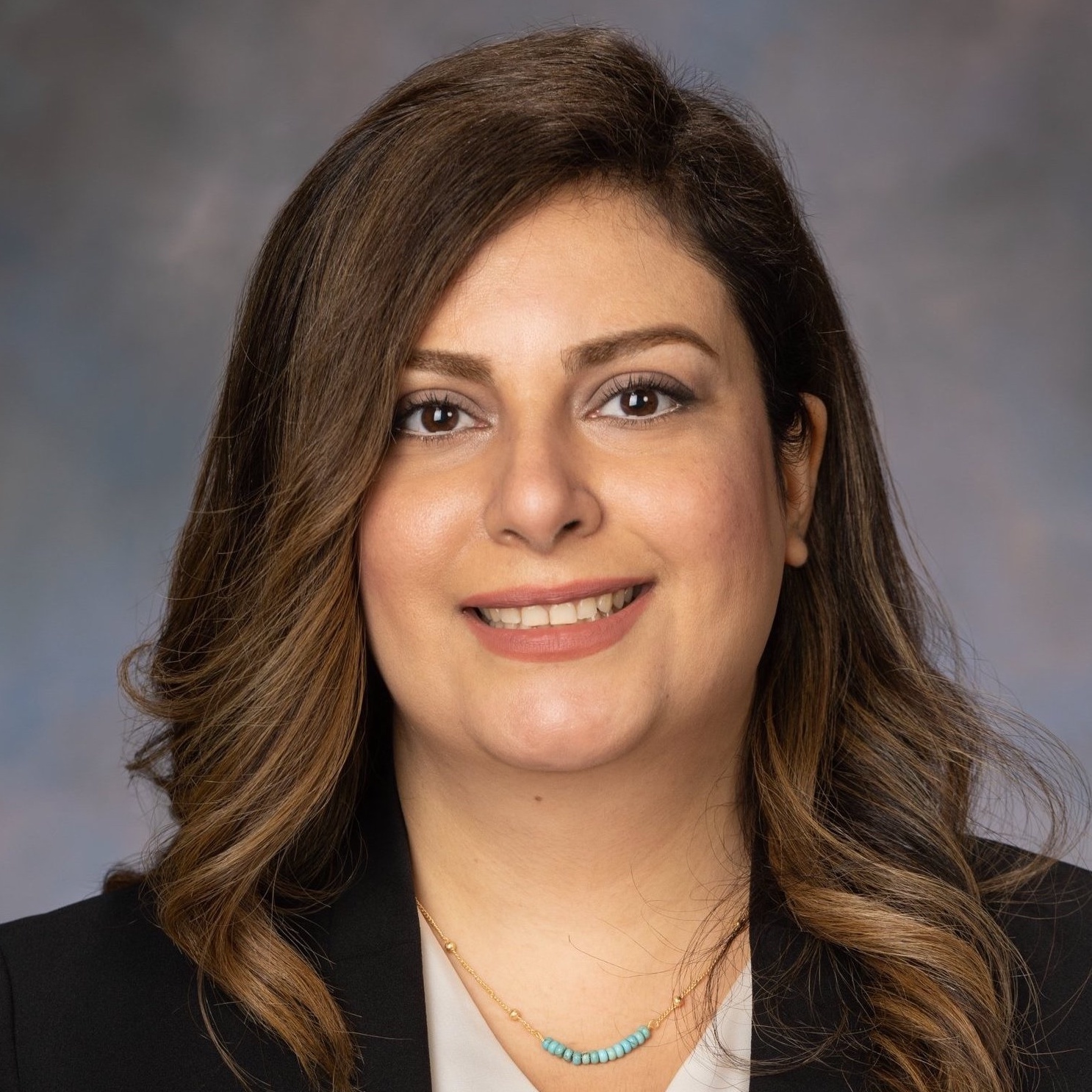
Afrooz Rashnonejad, MSc, PhD
Ohio State University and Nationwide Children’s Hospital
Dr. Rashnonejad currently works as an assistant professor in the Department of Pediatrics at The Ohio State University College of Medicine and a principal investigator at the Center for Gene Therapy at the Abigail Wexner Research Institute at Nationwide Children’s Hospital. Her core expertise lies in developing AAV-based gene therapies for rare neurodegenerative and neuromuscular diseases. Since establishing her independent lab in April 2022, Dr. Rashnonejad has focused on creating novel gene therapies for congenital myopathies and peripheral neuropathies, including CMT1B. Her lab is also dedicated to engineering Schwann cell-tropic AAV capsids.
Dr. Rashnonejad has been recognized for her contributions to the field of gene therapy with two Excellence in Research Awards from the American Society of Gene and Cell Therapy in 2019 and 2020. She has served as chair of the ASGCT New Investigator Committee and is an active member of the ASGCT Prenatal Cell and Gene Therapy Committee.
Dr. Rashnonejad received her PhD in biotechnology from Ege University in Turkey. Additionally, she holds two master’s degrees, one in microbiology and one in stem cell science.
